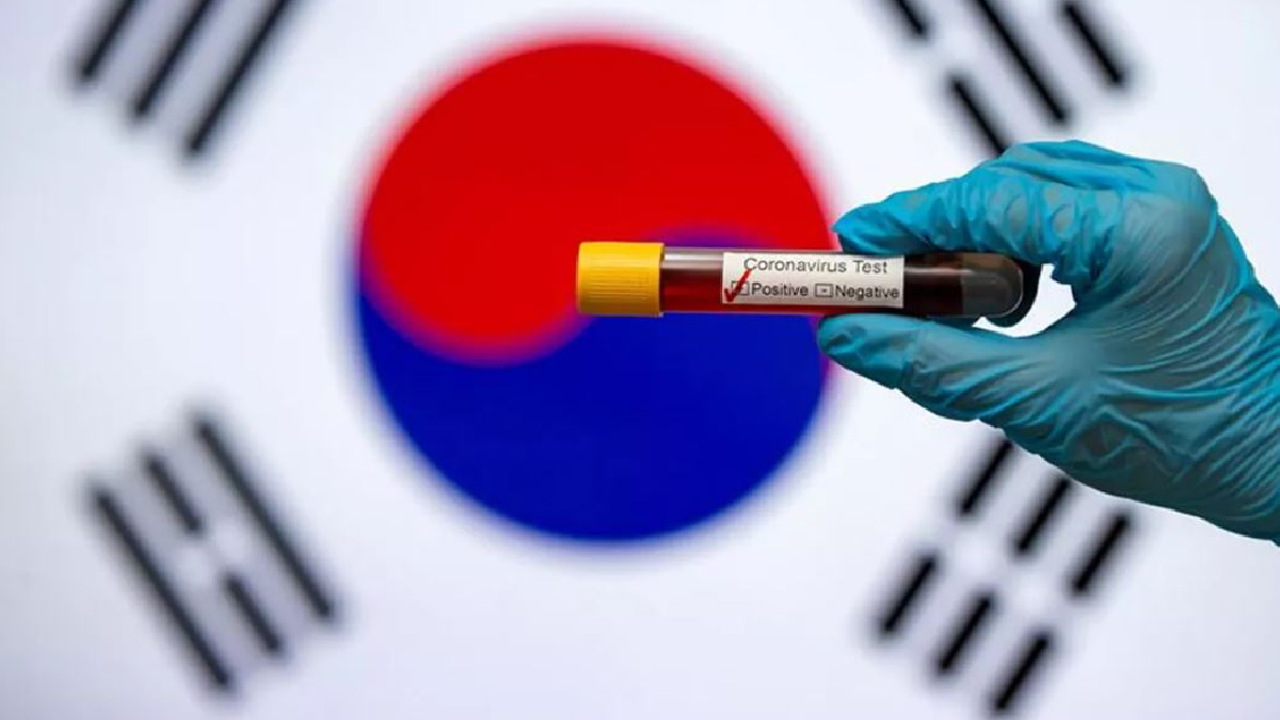South Korea will follow Covid-19 from 'waste water'
South Korea, which wants to follow the course of the coronavirus epidemic, which emerged in China in 2019 and affected the whole world in 2020, announced that it will be tested on a weekly basis in wastewater in big cities.

The coronavirus (Covid-19), which emerged in Wuhan, China in November 2019 and affected the whole world a few months later, caused the death of millions of people. During the pandemic period, countries closed their doors, life almost stopped. While the epidemic was prevented with vaccines and the measures taken, South Korea was among the countries most affected by the pandemic.
LOSS OF LIFE IS ABOUT 27 THOUSAND
According to the news of Anadolu, in the country, where more than 23 million cases have been seen since the beginning of the epidemic, around 27 thousand lives were lost. The country, which wants to follow the course of the Covid-19 epidemic, reported that weekly tests will be carried out in wastewater in big cities.
The South Korean Center for Disease Control and Prevention (KCDA) has announced that wastewater will allow a more sustainable and inexpensive method of tracking the Covid-19 outbreak. In the statement, it was stated that by testing wastewater, other epidemics can be detected besides Covid-19.
AT LEAST ONE TESTS A WEEK IN 64 CENTERS
In this context, it is noted that testing will be carried out at least once a week at 64 wastewater centers in major cities across the country. "We believe testing wastewater will be a more effective way to track the outbreak," said Lee Sang-won, KCDA Director of Epidemics.
As part of the fight against the epidemic, South Korea carried out large-scale Covid-19 tests and implemented strict measures such as curfew, masks and distance to prevent contamination. Also, since the beginning of 2022, the Covid-19 measures in the country had been lifted in stages.
(AA)







